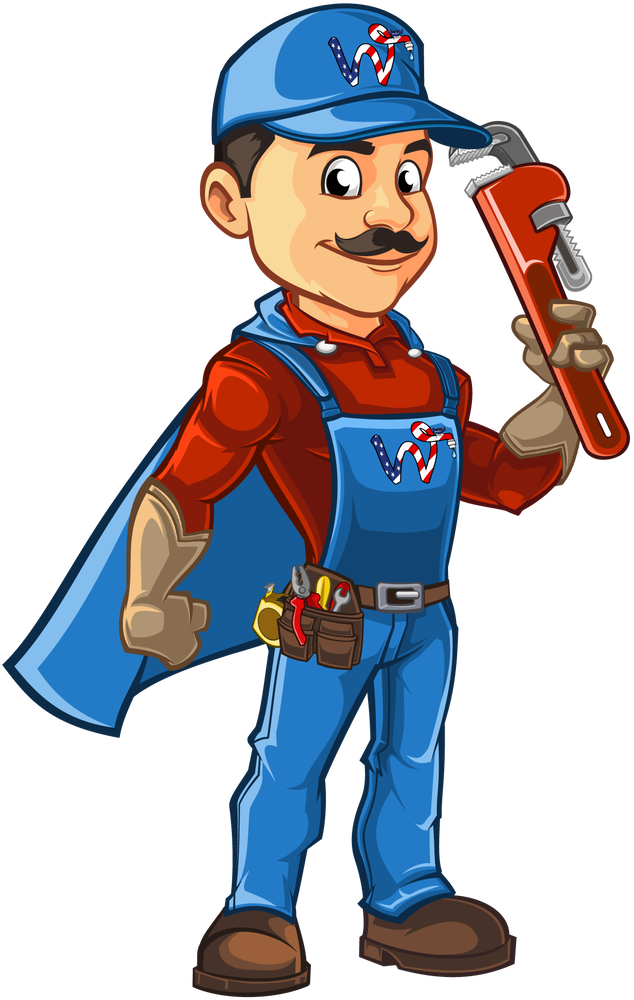Tankless water heaters, also known as on-demand water heaters, are a popular choice for homeowners looking for energy efficiency and a steady supply of hot water. But one common question people ask is: Do tankless water heaters ever run out of hot water? In this article, we’ll explore this question and address some related topics to help you understand how these systems work and whether they’re right for you.
Does a Tankless Water Heater Run Out of Hot Water?

One of the biggest selling points of a tankless water heater is that it doesn’t “run out” of hot water in the same way traditional tank systems do. With a traditional water heater, hot water is stored in a tank, and once that tank is empty, you must wait for it to refill and reheat.
A tankless water heater works differently. Instead of storing hot water, it heats water as it flows through the unit. When you turn on the hot water tap, the water passes over a heating element or burner, warming up instantly. This means that as long as your water heater is sized correctly for your home and your demand doesn’t exceed its capacity, you should never run out of hot water.
However, if too many people use hot water at the same time (like multiple showers running while the dishwasher is on), the system may struggle to keep up. This could result in less hot water for everyone.
Are There Downsides to a Tankless Water Heater?
While tankless water heaters offer many benefits, they aren’t perfect. Here are some potential downsides:
- Higher Initial Cost:
Tankless water heaters tend to be more expensive to purchase and install than traditional water heaters. However, they often save money in the long run due to lower energy bills. - Limited Output:
As mentioned earlier, a tankless water heater has a maximum flow rate. If your household uses hot water heavily at the same time, the heater may not be able to provide enough hot water for everyone. - Cold Water Sandwich Effect:
Some tankless systems can cause what’s called a “cold water sandwich.” This happens when the water heater shuts off between uses, causing a brief burst of cold water when you first turn the tap back on. - Maintenance Requirements:
Tankless water heaters require regular maintenance to prevent mineral buildup, especially in areas with hard water. Neglecting maintenance can reduce efficiency and even damage the system. - Power Outages:
Tankless water heaters rely on electricity to operate, even if they use gas for heating. If your power goes out, you won’t have hot water unless you have a backup power source.
Do Tankless Water Heaters Supply Endless Hot Water?
Yes and no. While tankless water heaters are designed to provide an unlimited supply of hot water, they do have their limits. The key factor is flow rate, which is the amount of water the unit can heat at one time.

If you have a large household with multiple people using hot water simultaneously, the unit might not be able to keep up. For instance, if someone is taking a shower while another person is doing laundry and someone else is washing dishes, the water heater might struggle to supply enough hot water for all these activities at once.
To avoid this issue, you can:
- Choose a tankless water heater with a higher flow rate.
- Install multiple units to handle heavy demand.
- Stagger your hot water usage to avoid overloading the system.
How Long Does Hot Water Last on a Tankless Water Heater?
With a tankless water heater, hot water lasts as long as you need it—at least in theory. Since it heats water on demand, you won’t run out of hot water like you would with a tank system. This means you can take back-to-back showers or run the washing machine and dishwasher one after the other without worrying about running out.
The only time hot water might “run out” is if you exceed the system’s capacity. For example, if your water heater can supply 5 gallons per minute and you try to use more than that, the water may not stay hot.
Why Is My Water Not Staying Hot with a Tankless Water Heater?
If your tankless water heater isn’t providing consistent hot water, there could be several reasons:
- Demand Exceeds Capacity:
As mentioned earlier, if too many people are using hot water at once, the system may not be able to keep up. - Mineral Buildup:
Hard water can cause scale buildup inside the water heater, reducing its efficiency. Regular descaling or a water softener can help prevent this problem. - Incorrect Sizing:
If your water heater is too small for your household’s needs, it won’t be able to provide enough hot water. A professional plumber can help you determine the right size for your home. - Faulty Installation:
Improper installation can lead to inconsistent water temperatures. If you’re experiencing problems, have a professional inspect the unit to ensure everything is set up correctly. - Low Water Pressure:
If your water pressure is too low, the heater may not function properly. Check your home’s water pressure and make adjustments if needed. - Clogged Filter:
Some tankless water heaters have filters that can get clogged over time. Cleaning or replacing the filter can often resolve the issue.
Conclusion
A tankless water heater can be a fantastic upgrade for your home, providing energy efficiency and a nearly endless supply of hot water—when used properly. While they have some limitations, most issues can be avoided with proper sizing, maintenance, and smart water usage.
If you’re considering a tankless water heater or experiencing problems with your current system, consulting a professional plumber can ensure you get the most out of your investment. By understanding how these systems work and addressing potential issues early, you can enjoy the benefits of hot water on demand for years to come.




